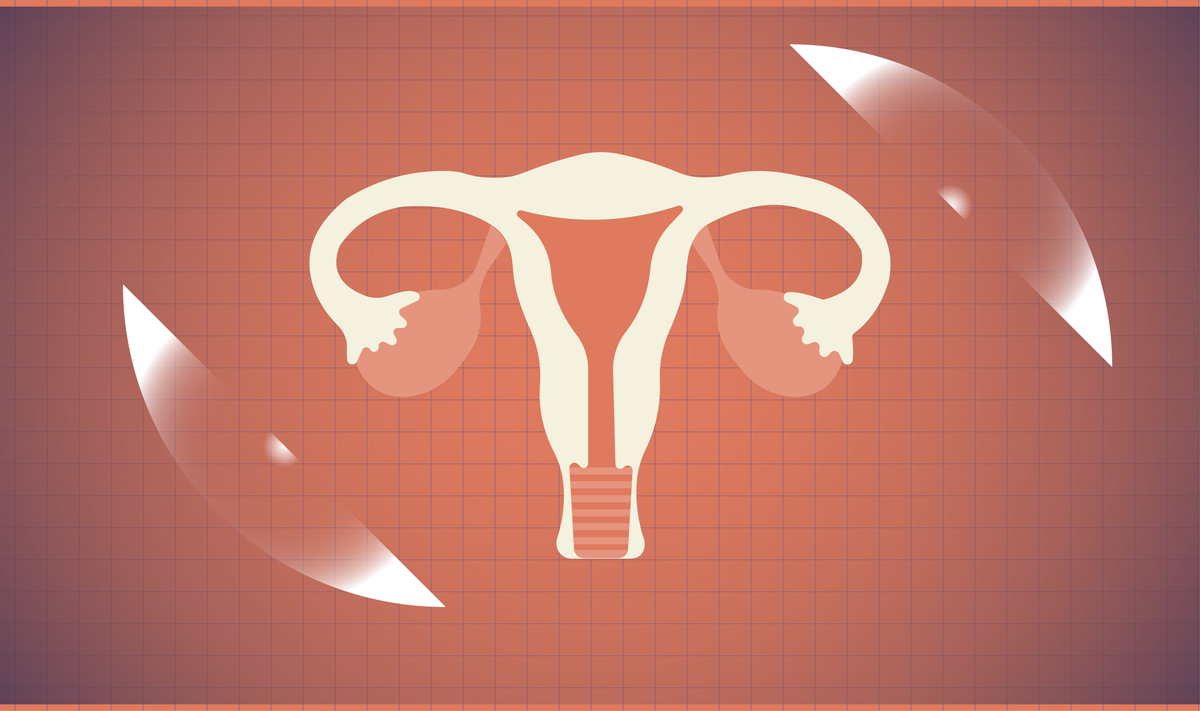Fertility clinic bombing sparks debate about IVF
Plus, posts discussed the impact of abortion bans in Georgia and Texas.

Plus, posts discussed the impact of abortion bans in Georgia and Texas.
Last week, a bomb exploded outside of a Palm Springs fertility clinic, generating online discussion about the ethics of freezing embryos. Social media users also discussed a pregnant woman in Georgia who has been declared brain-dead but will remain on life support until her fetus can be delivered, with her family unable to make decisions about her care. Additionally, a new study led to conversations about the mental health impact of Texas’s abortion ban.
In response, communicators may share information about IVF, recirculate materials outlining local abortion laws, and share reproductive health resources.

Insights brought to you by the reporters and science writers of Public Good News (PGN), a nonprofit newsroom dedicated to improving community health.
What’s trending nationally in conversations about reproductive health:
On May 17, a bomb exploded outside of a Palm Springs fertility clinic, killing one person and injuring four others. Articles reported that the bombing was likely a planned attack and that the lead suspect, who died in the explosion, held antinatalist views (believing it is unethical to have children). One X post highlighting the bombing received approximately 1.2 million views, 18,000 likes, 4,900 reposts, and 2,800 comments as of May 20. Commenters speculated about the suspect’s motivations, and some suggested that in vitro fertilization is unethical and equated freezing embryos with abortion.
Last week, articles reported that a pregnant woman in Georgia who was declared brain-dead has been on life support for more than three months, with her family unable to make decisions about her care. According to her family, doctors said that the woman must remain on life support until her fetus can be delivered due to the state’s abortion law, which bans abortion after a fetal heartbeat can be detected, with some exceptions. Most social media users responded to the news with alarm and debated whether Georgia’s abortion ban should be interpreted in this way. Some expressed support for the doctors’ decision to “save” the fetus.
On May 12, a Reddit user in a science forum shared a new study, which found that the implementation of Texas’s abortion ban in 2021 was associated with increased mental distress in young women. Commenters on the thread exclusively expressed frustration with Texas and other states with abortion bans. Many also expressed concern about young women’s mental health.

Recommendations brought to you by the health communication experts behind Infodemiology.com.
Recommendations for public health professionals
Each week, the Infodemiology.com team will provide messaging recommendations in response to some of the trending narratives outlined above. These helpful tips can be used when creating content, updating web and FAQ pages, and developing strategy for messaging about reproductive health.
Discussions about IVF provide an opportunity to share how it works. Communicators may explain that IVF is a medical procedure that involves collecting mature eggs from ovaries and fertilizing those eggs with sperm in a lab. Then, one or more fertilized eggs are implanted in a person’s uterus to initiate a pregnancy. IVF may be covered by insurance plans, and some states have laws mandating IVF coverage.
As news stories prompt spikes in online conversations about abortion bans, communicators may continue to ensure that all materials outlining abortion legislation in their state are up to date. Currently, this is particularly important for communicators in Georgia and Texas. Messaging may note that it is legal to travel out of state for an abortion. Communicators may direct people to the National Network of Abortion Funds, which connects people to donation-based organizations that can help pay for abortions and associated costs. Communicators may also want to share the Repro Legal Helpline, which provides free, confidential legal services for people seeking abortions; Plan C, which offers information about accessing abortion pills in every state; and AbortionFinder.org, which directs people to reputable abortion providers. Sharing other reproductive health resources that offer science-backed information and mental health support is recommended.
